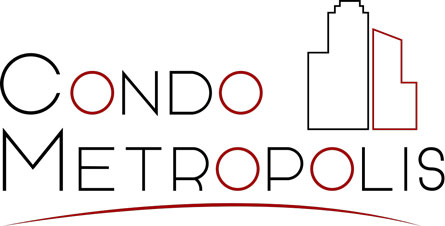-
SB 1196 Includes New Remedies for Collecting Money Owed to Associations, but Unanswered Questions May Create Liability Exposure.Â
Community leaders and managers have complained for years about investor owner delinquencies. Why should the owner continue to collect rent from his or her tenant without paying maintenance fees and/or assessments?  Sure, both the Condominium and Homeowners Acts allowed the association to apply to the Court to request the appointment of a rent-receiver, but to take advantage of that provision it had to file the foreclosure lawsuit. The law requires notices to the delinquent owner, preparation and recording of the claim of lien, filing and serving the foreclosure lawsuit – all before the association could ask the Judge for authorization to collect rent. It could take several months to obtain the appropriate Court Order – all while the account remains delinquent. In some cases the tenant moves out before the association has the chance to collect any rent. Of course there are costs and expenses involved with that whole process.Â
Recently (as reported on this blog in Condo Receiver Helps Collect Assessments;Â Q&A: Condo Receivers; Collecting Rent from Tenants;Â Q&A: Collecting Rent from Tenants (revisited)Â ) the Courts have extended the law to allow ‘blanket receiverships’ for all units subject to foreclosure – and even more recently some Orders were entered authorizing the receiver to collect rent from tenants occupying units even before the association filed for foreclosure.
Well, in response to those cries for help the legislature included a ‘self-help’ procedure for associations. The first paragraph of this portion of the new law says:
If the unit is occupied by a tenant and the unit owner is delinquent in paying any monetary obligation due to the association, the association may make a written demand that the tenant pay the future monetary obligations related to the condominium unit to the association, and the tenant must make such payment. The demand is continuing in nature and, upon demand, the tenant must pay the monetary obligations to the association until the association releases the tenant or the tenant discontinues tenancy in the unit. The association must mail written notice to the unit owner of the association’s demand that the tenant make payments to the association. The association shall, upon request, provide the tenant with written receipts for payments made. A tenant who acts in good faith in response to a written demand from an association is immune from any claim from the unit owner.
ÂÂ Like usual, the law doesn’t answer every question, such as:
- Can the association demand rent for amounts that became due before the effective date of the law?
- If the association collects rent on a short term tenancy, does it have to pay sales tax? What if the owner doesn’t pay the sales tax – is the association liable since it collected the rental payments?
- What about the expenses incurred by the association to collect rent? With a receiver the Court allows the receiver’s fees to be paid from the rent (and the Court approves the payments or payment schedule).Â
- Does the association collect the entire rent check or is it only entitled to payment of current maintenance? Â Does that mean the tenant pays rent in two checks – one to the association and one to the owner?Â
- Can the association use the ‘application of payments’ procedure to collect the entire balance on the owner’s account?
- How is the accounting done? Is the rent considered non-assessment income?
These and other factors must be taken into consideration before the association moves forward with any demands against tenants
(407) 901-5161
Orlando Property Enterprises | All rights reserved
